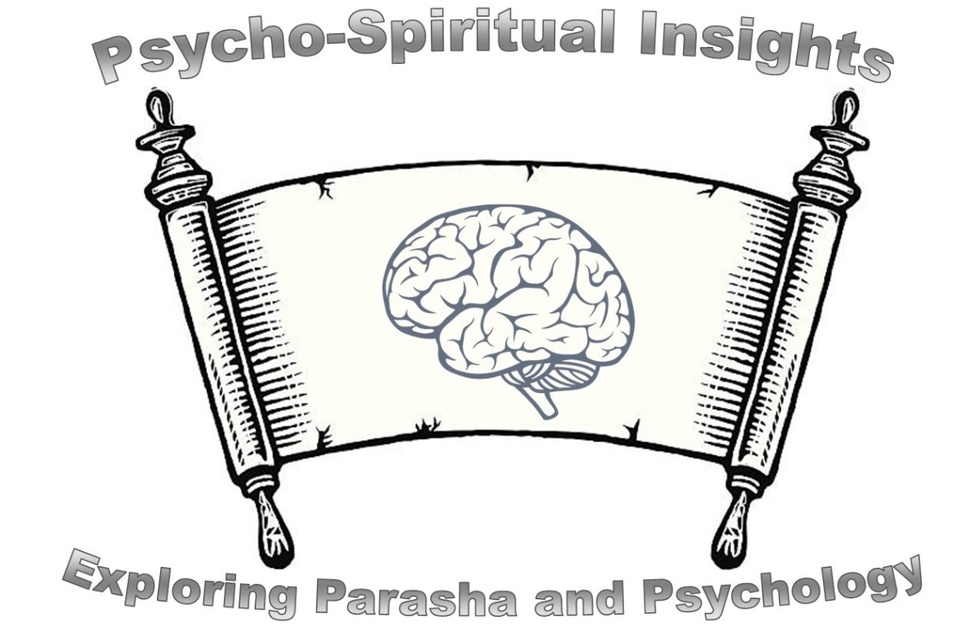
Knowing isn’t Everything: The Insight Fallacy
Parashat Chukat
By: Elan Javanfard
Parashat Chukat begins with a passage that requires further investigation due to its profound psychological meaning.
“This is the law of the Torah that Hashem commanded saying, Speak to Bnai Yisrael and they should take for you a completely red cow that has no blemish and has never born a yoke.”
The passage describes the mitzvah of Parah Adumah, Red Cow, as ‘the law of the Torah,’ ‘chukat ha’torah’, enigmatic decree ‘Chok’, a divine statute that defies rational comprehension. As we investigate this passage, we can explore the psychological concept of the "insight fallacy" and its relevance to our ability to act. The insight fallacy refers to our tendency to overestimate the extent of impact our understanding has on behavior or action.
Parshat Chukat introduces the procedure for purifying the ‘Tamei’, those who are unpure. The ashes of an unblemished Parah Adumah are mixed with water, creating a purification solution. However, the paradox lies in the fact that those involved in the preparation of this purification ritual would become ‘Tamei’ themselves. This contradiction confounds the logical mind and challenges our desire for rational explanations.
The insight fallacy stems from our innate desire for clarity, comprehension, and control over our lives. It is the assumption that we can grasp the underlying mechanisms and reasons behind every aspect of human existence. We yearn for profound insights and often succumb to the fallacy that we have unlocked the truth of a circumstance. However, the reality is that our understanding is limited, and there are items beyond our comprehension.
Rashi explains that this ‘Chok’ will expose these commandments to criticism and ridicule from the Satan. We are to respond that these commandments are decrees from Hashem and therefore engage in action. In Mesechet Yoma 67b., Rashi’s comments provide a clearer understanding that the term “Satan” is a reference to the individual yetzer harah – our own internal evil inclination. In other words, he is describing an internal dialogue designed to respond to our own internal doubts. When others criticize mitzvot like Parah Adumah, we are to remind ourselves that knowing isn’t everything and searching for insight may lead us astray from Hashem. Parshat Chukat reminds us that meaning can be found even in the midst of uncertainty and still provide us a path towards action.
Rabbi Doctor Abraham Twerski, author and psychiatrist, writes in his commentary of Pirkei Avot, Ethics of the Father, that we should discourage searching for logical meaning behind all mitzvot because doing so indicates that we consider them means towards something rather than as a goal bringing us closer to our creator.
This lesson further relates to professionals and parents alike. Seeking a definitive reason behind a child or persons behavior may hinder our ability to connect with them and provide alternative suggestions. If too much time is spent seeking meaning, when we ultimately struggle to find it, it increases our doubt related to our skills. Dr. Martin Luther King Jr. wrote, "Faith is taking the first step even when you don't see the whole staircase." Faith in Hashem, ourselves, and our skills.
As we reflect on this narrative, we can draw important lessons for our own lives. The insight fallacy can hinder growth by fostering a sense of self-sufficiency and discouraging the development of faith. Parshat Chukat teaches us that faith requires acknowledging the unknown and surrendering our need for constant understanding. Faith thrives in the face of uncertainty, enabling us to navigate life's challenges with resilience and trust in a higher power and ourselves.
May we strive to apply these lessons from Parashat Chukat - recognizing your perception is limited, particularly when it comes to things that you cannot observe directly and to not stop us from taking important action.
Elan Javanfard, M.A., L.M.F.T. is a Consulting Psychotherapist focused on behavioral health redesign, a Professor of Psychology at Pepperdine University, & a lecturer related to Mindfulness, Evidence Based Practices, and Suicide Prevention. Elan is the author of Psycho-Spiritual Insights: Exploring Parasha & Psychology, weekly blog. He lives in Los Angeles Pico Robertson community with his wife and three children and can be reached at Elan.Javanfard@gmail.com.
 Previous
Previous

